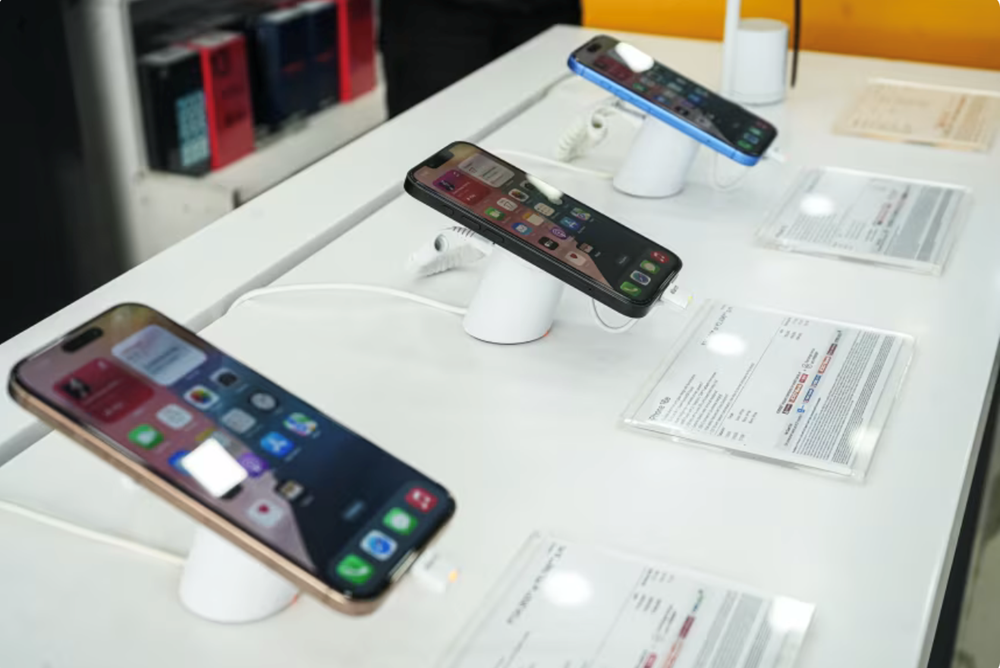
On August 6, the White House increased import tariffs on goods from India to 25%, bringing the total tariff on one of America's most important trading partners to 50%. The regulation officially takes effect at the end of this month.
Notably, Apple's smartphones are exempt from new tariffs imposed by President Donald Trump, marking a significant victory for the tech giant as it approaches its most important time of the year: the launch of new iPhones in September each year, followed by the holiday season.
President Trump said Apple will avoid new tariffs on semiconductors because it has pledged to make iPhone components in the US.
That doesn't mean tariffs won't hurt. Apple CEO Tim Cook said tariffs will likely cost the company $1.1 billion this quarter.
However, analysts say Apple still has bigger concerns going forward, such as its future product strategy and its approach to artificial intelligence (AI), a growing field where the tech giant is said to be lagging.
In other cases, such high tariffs could also cause problems for Apple. The iPhone is Apple’s most important product, accounting for the majority of its revenue. Most iPhones sold in the US come from India. And the Americas, including the US, are Apple’s biggest market.
“In terms of the long-term issues, over the next year or so, I think tariffs are 20%. I think what’s going on in the regulatory environment is probably 25%, or 55% related to how they’re going to leverage AI,” said Gene Munster, managing partner at Deepwater Asset Management, who has followed Apple for decades.
Tariffs are a barrier but a controllable one
Tariffs are a challenge for Apple, but analysts seem confident the company can handle it.
Apple’s combination of a diversified supply chain – which was partially shifted to regions like India and Vietnam a year ago to reduce its reliance on China during COVID – coupled with high margins and operational expertise puts the company in a strong position.
Supply chain resilience will “allow tactical adjustments to be made in the face of any unexpected changes that may occur,” said Runar Bjørhovde, research analyst at market research firm Canalys.
This was true even before Apple pledged on August 6 to invest an additional $100 billion in the US to produce iPhone components domestically.
The current moves are not directly affected by tariff policy, and Apple is currently "anticipating" President Trump's desire to promote domestic iPhone production.
"Apple will come back to America," President Trump emphasized when mentioning his determination to promote iPhone production in the US, instead of going to other countries like India.
Before the August 6 tariff announcement, some analysts had predicted that iPhones would be exempt from the upcoming import tax from India.
However, tariff policy is constantly changing, having changed several times a year, making it more difficult to predict what might happen in the future.
“Since smartphones are such a key category, we think Apple will be able to manage to deal with this threat,” said Nabila Popal, senior director of data and analytics at International Data Corporation (IDC).
However, analysts largely believe that India and China are Apple's only two options for large-scale iPhone production for the US market.
And since the iPhone models available in the US aren't exactly the same as those sold elsewhere, Apple can't just repurpose iPhones for other markets.
For example, new iPhones sold in the US no longer have a physical SIM card slot, and they support 5G millimeter wave, a type of connection that offers faster speeds, low latency but usually only over short distances.
“It's also seen as a huge tactical nightmare to deal with because you have to try to find a sweet spot and calculate what's going to happen next,” says Bjørhovde.
During an event announcing a new $100 billion investment on August 6 in the Oval Office, CEO Tim Cook said iPhones will continue to be assembled outside the US "for some time."
He also emphasized the company's strategy to manufacture iPhone components in the US in the future.
Source: https://baovanhoa.vn/nhip-song-so/chien-thang-lon-cua-apple-159631.html




![[Photo] General Secretary To Lam attends the 1st Congress of the Central Party Committee of the Fatherland Front and Central Mass Organizations](https://vphoto.vietnam.vn/thumb/1200x675/vietnam/resource/IMAGE/2025/9/23/2aa63d072cab4105a113d4fc0c68a839)



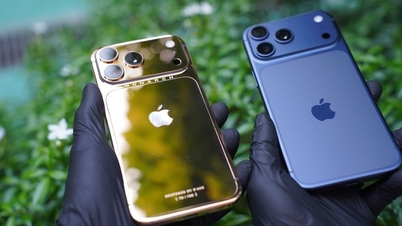




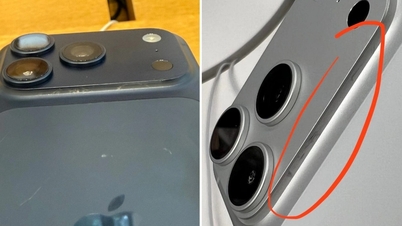


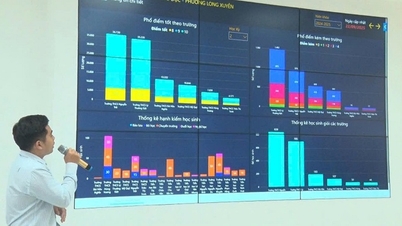


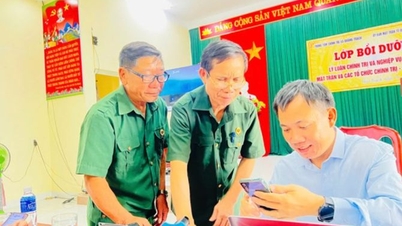













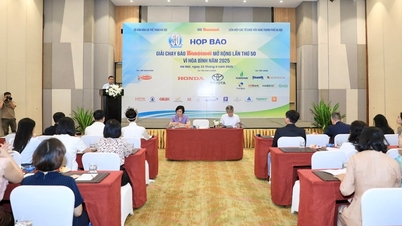
![[Photo] Prime Minister Pham Minh Chinh chairs the first meeting of the Central Steering Committee on housing policy and real estate market](https://vphoto.vietnam.vn/thumb/1200x675/vietnam/resource/IMAGE/2025/9/22/c0f42b88c6284975b4bcfcf5b17656e7)




























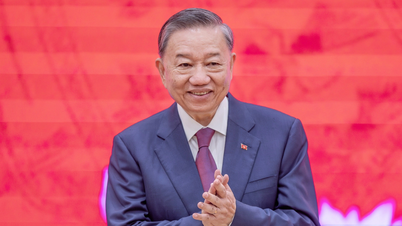

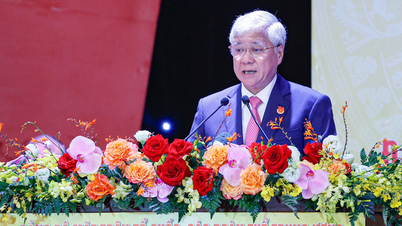







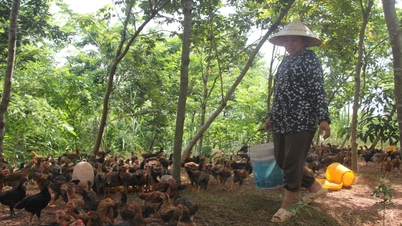









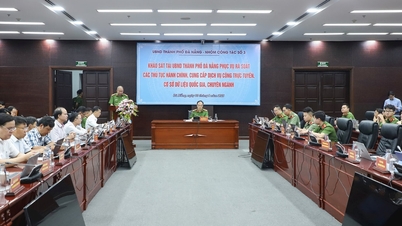


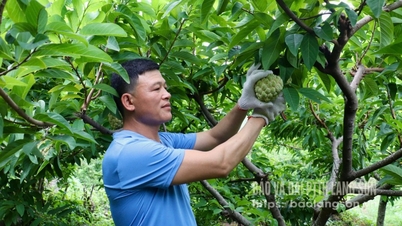

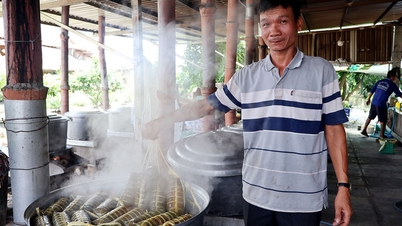








Comment (0)